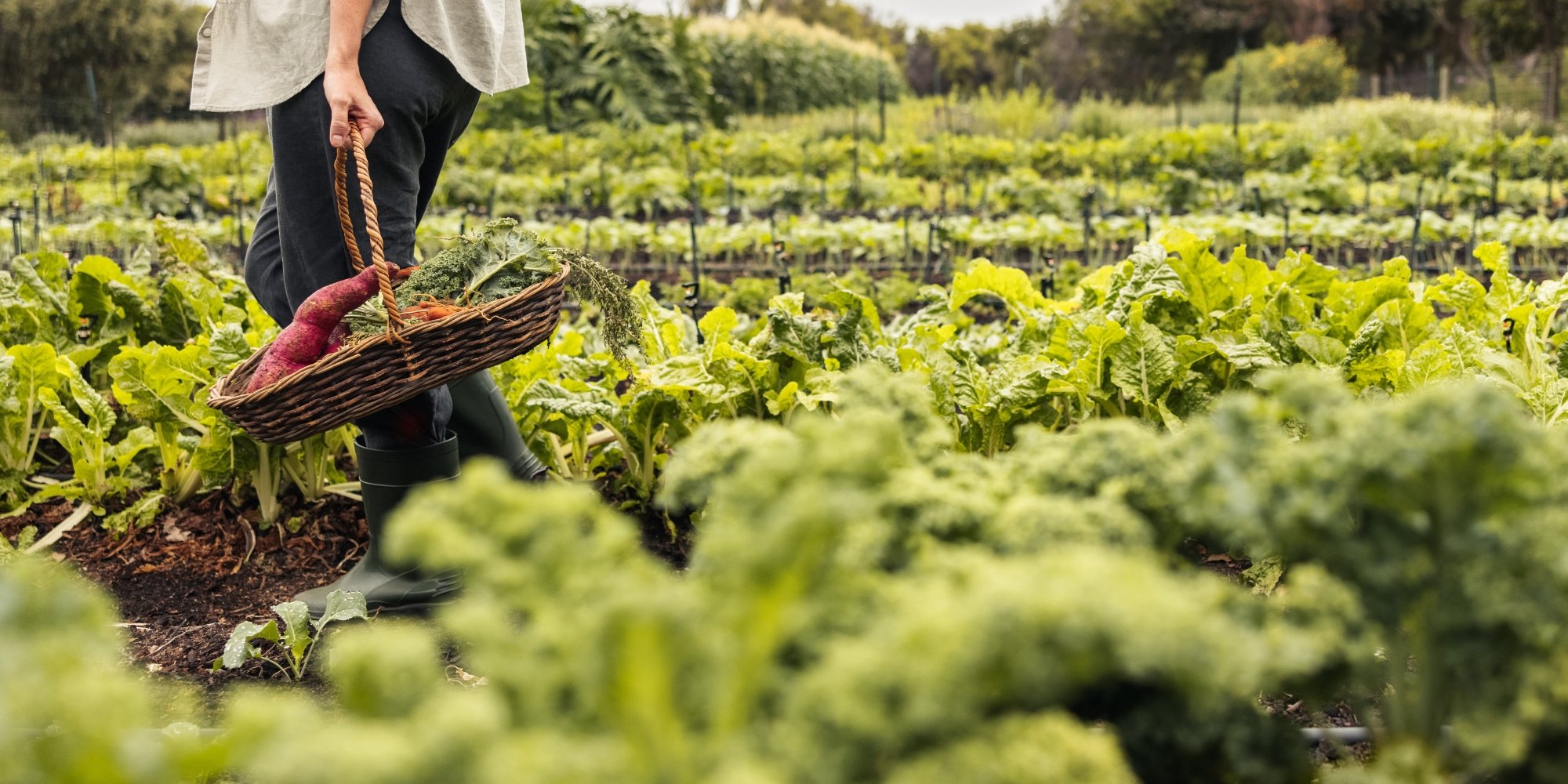Organic Certification Standards in Australia.
Whether you’re certifying goods for sale in Australia, exporting internationally, or as a regenerative farm, ensuring you meet the certification standards is the most important step of your journey to certification.
What are the requirements to obtain organic certification in Australia?
There are several private organic certification bodies in Australia that are licensed by the Government to carry out organic auditing and certification. Each of these organic certification bodies must ensure that, as a minimum, they are meeting the Government regulated, National Standard for Organic and Bio-dynamic Produce. Some certifiers have also developed their own organic standards as an addition to the National Standard. As of November 2024, there is a bill before the Australian Governement Senate, to standardise the organic standards within Australia. If passed, this bill would mean that the use of the word ‘organic’ will be regulated at a national level.
The following standards are currently in place in Australia
National Standard for Organic and Bio-Dynamic Produce
(Australian Government)
Australian Certified Organic Standard 2023
(Australian Certified Organic)
AS6000
(Standards Australia)
Developed by Standards Australia, AS6000 is an organic standard within Australia, however is not recognised by the Export Control Act. Therefore, either whole products, or products utilising AS6000 certified ingredients cannot be exported.
The current AS6000 standards are copyrighted and an individual license must be purchased from Standards Australia to view the standards.
COSMOS – Cosmetic Organic Standards
COSMOS is a globally recognised certification for organic and natural cosmetics, certifiying over 59,000 products across 79 countries. The standards signify to consumers the company’s ethos and dedication to organic ingredients and sustainable practices.
The COSMOS-standard Version 4.1 is applicable since the 1st March 2024.
NOTE: the raw materials approved or certified in compliance with Version 3.1 of the COSMOS-standard may still be used until December 1st, 2025 for any finished products currently certified according to Version 3.1 of Standard.
Regenerative Standards
In Australia, regenerative standards are a voluntary certification process in which farms and regenerative operations can become certified, indicating to consumers their commitment to sustainable practices. There are a number of certification standards that operate within Australia. These are:
A Greener World (View Standards)
SXC Certified Regenerative (View Standards)
Rodale Institute (View Standards)
Regeneration International (View Standards)
Talk to our team to discuss which organisation might be right for you.
International Organic Certification Standards
Before you can export your produce and products to the international market, you must first be certified with an Australian certification body. You can then apply for individual certification recognition for each international market. The following countries/regions have developed their own certification standards.
Note: Not all certification bodies in Australia are recognised to certify for all international markets.
Canada
China
European Union (EU)
Japanese Agricultural Standards - Organic
Taiwan Organic Regulations
UK Regulations & Soil Association Standards
USDA National Organic Program
Make the right choice.
To ensure you’re choosing the right certification body for your business, learn more about certification bodies in Australia below, or get in touch to discuss your individual needs.
Get Certified with Organic Knowledge
With 30+ years experience working in the organic sector, partnering with organic farmers, producers and certifying bodies, our team can guide you through the process, ensuring that your road to certification is as streamlined as possible. Get your time back and let our team handle the paperwork to get your certification sorted.
Brands we’ve worked with
























